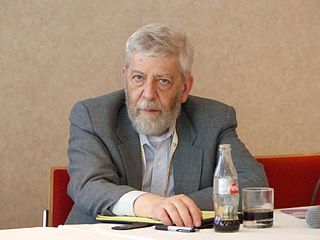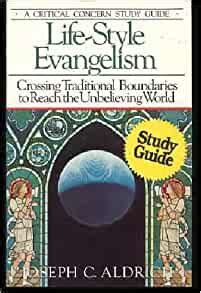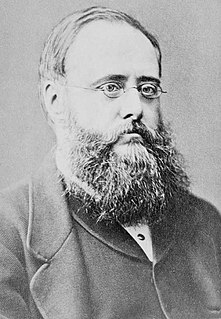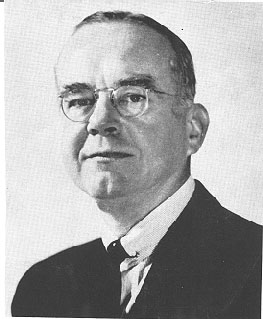A Quote by Ann Coulter
You can describe Christianity and you can also describe liberalism. Christianity has certain beliefs, tenets, doctrines. Not all Christians are always living up to them. Similarly, not all liberals are living up to the tenets of liberalism.
Quote Topics
Related Quotes
Socialism needs to pull down wealth; liberalism seeks to raise up poverty. Socialism would destroy private interests, Liberalism would preserve [them] ... by reconciling them with public right. Socialism would kill enterprise; Liberalism would rescue enterprise from the trammels of privilege and preference. Socialism assails the preeminence of the individual; Liberalism seeks ... to build up a minimum standard for the mass. Socialism exalts the rule; Liberalism exalts the man. Socialism attacks capitalism; Liberalism attacks monopoly.
So herein lies the choice for those of us who are Christians. We can either stay within the Christianity we have mastered with the Jesus we have domesticated, or we can leave Christianity as a destination, embrace Christianity as a way of life, and then journey to reality, where God is present and living in every person, every human community, and all creation.
The best argument for Christianity is Christians: their joy, their certainty, their completeness. But the strongest argument against Christianity is also Christians-when they are somber and joyless, when they are self-righteous and smug in complacent consecration, when they are narrow and repressive, then Christianity dies a thousand deaths.
I have noticed that the Christianity of a certain class of respectable people begins when they open their prayer-books at eleven o'clock on Sunday morning, and ends when they shut them up again at one o'clock on Sunday afternoon. Nothing so astonishes and insults Christians of this sort as reminding them of their Christianity on a week-day.
In my estimation, there should always be a mixture of economic liberalism - which means small government, a great emphasis on markets - but also a certain degree of social conservatism, not to favor change unless that change is beneficial. So I describe myself as an economic liberal and a social conservative.
With an abstract idea it is possible to enter into a relation of formal knowledge, to become enthusiastic about it, and perhaps even to put it into practice; but it can never be followed in personal obedience. Christianity without the living Christ is inevitably Christianity without discipleship, and Christianity without discipleship is always Christianity without Christ.
Modern liberalism, for most liberals is not a consciously understood set of rational beliefs, but a bundle of unexamined prejudices and conjoined sentiments. The basic ideas and beliefs seem more satisfactory when they are not made fully explicit, when they merely lurk rather obscurely in the background, coloring the rhetoric and adding a certain emotive glow.
I think I know a lot of fake two-faced Ivy League liberals, and I am constantly testing them to see if their liberalism is a conversational liberalism, one that depends solely on what will fly at a party. And I can tell when stuff like this happens, I swear to God, they are tomorrow's conservatives.
Science is only truly consistent with an atheistic worldview with regards to the claimed miracles of the gods of Judaism, Christianity and Islam. Moreover, the true believers in each of these faiths are atheists regarding the specific sacred tenets of all other faiths. Christianity rejects the proposition that the Quran contains the infallible words of the creator of the universe. Muslims and Jews reject the divinity of Jesus.































